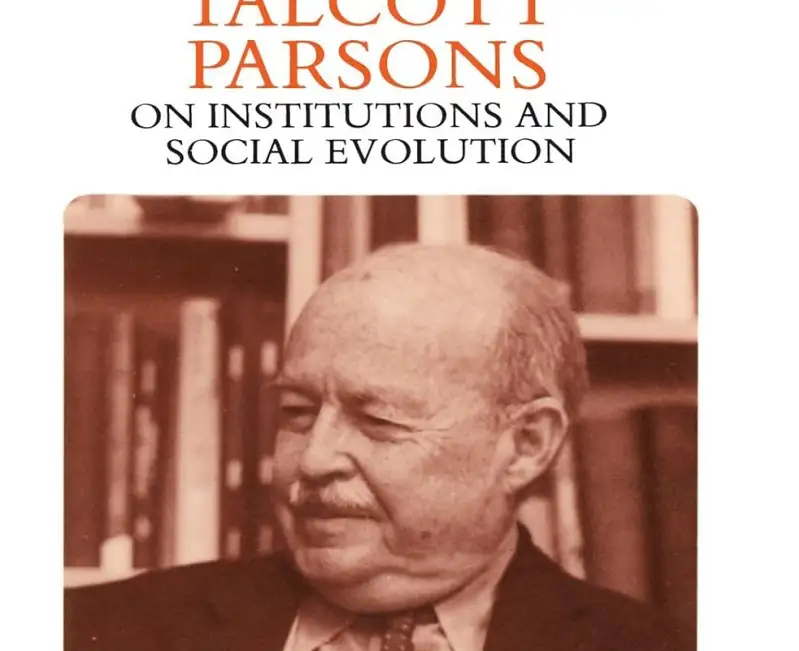In the field of sociology, Talcott Parsons was a prominent figure who contributed significantly to the development of sociological theory. One of his key concepts was that of value consensus, which plays a crucial role in understanding the functioning of societies. In this article, we will outline and explain Parsons’ concept of value consensus.
Understanding Value Consensus
Value consensus refers to the shared beliefs, norms, and values that exist within a society. According to Parsons, value consensus is essential for the smooth functioning and stability of a society. It provides a framework for individuals to understand their roles and responsibilities, as well as the expectations of others. Value consensus acts as a social glue, binding individuals together and promoting social order.
Parsons believed that value consensus is not a static concept but rather evolves and adapts over time. It is shaped by various factors, including cultural traditions, social institutions, and the collective experiences of individuals within a society. Value consensus helps maintain social integration and cohesion by providing a set of shared values that guide individual behavior.
Functionalist Perspective
Parsons’ concept of value consensus is closely associated with functionalism, a sociological perspective that views society as a complex system of interconnected parts. Functionalists argue that societies are made up of various social institutions, such as family, education, and religion, which all contribute to the overall functioning and stability of society.
According to Parsons, value consensus is crucial for the smooth operation of these social institutions. It ensures that individuals within a society share a common understanding of what is considered right and wrong, acceptable and unacceptable. This shared understanding allows institutions to fulfill their functions effectively and maintain social order.
Role Allocation and Socialization
Value consensus also plays a significant role in the process of role allocation and socialization. Parsons argued that societies have specific roles and expectations for individuals based on their social position, such as gender, age, and occupation. Value consensus helps individuals understand and internalize these roles, ensuring that they contribute to the overall functioning of society.
Through socialization, individuals learn the values, norms, and expectations of their society. This process begins in childhood and continues throughout a person’s life. Value consensus guides socialization by providing a set of shared values that are transmitted from one generation to the next. It helps individuals understand their place in society and the behaviors that are expected of them.
Critiques of Parsons’ Concept
While Parsons’ concept of value consensus has been influential in the field of sociology, it has also faced criticism. Some argue that it assumes a high degree of consensus within societies, overlooking the existence of conflicting values and interests. Critics also argue that value consensus may be used to maintain existing power structures and suppress dissenting voices.
Additionally, Parsons’ concept of value consensus has been accused of neglecting the role of power and inequality in society. It does not adequately address how social institutions may perpetuate or challenge existing power dynamics. Critics argue that a more nuanced understanding of value consensus should consider the diverse perspectives and experiences within a society.
Conclusion
Talcott Parsons’ concept of value consensus provides valuable insights into the functioning of societies. It highlights the importance of shared beliefs, norms, and values in maintaining social order and stability. While the concept has its critics, it continues to shape sociological thinking and offers a framework for understanding the complexities of human societies.





